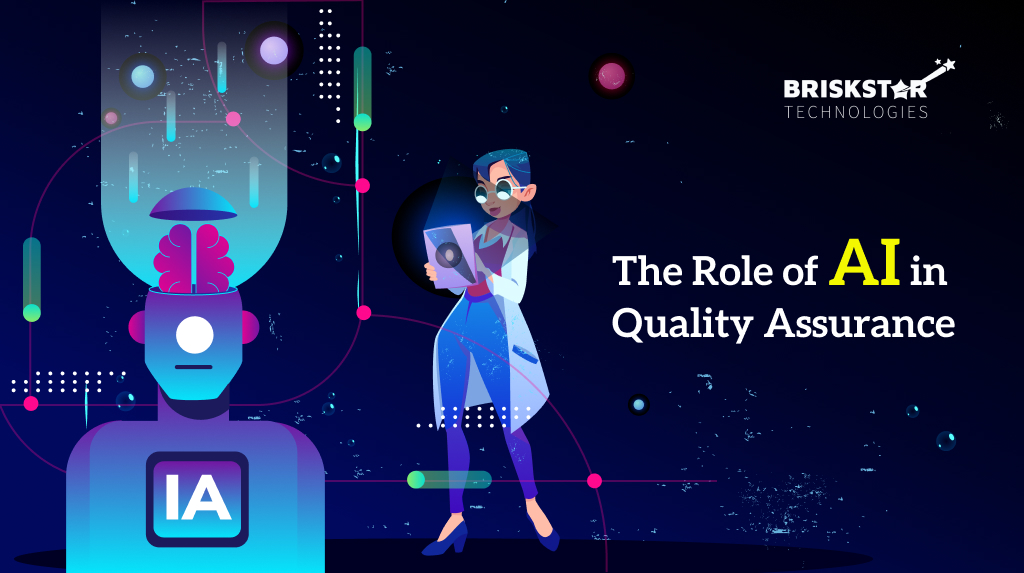The Role of AI in Quality Assurance
Introduction:
In the ever-evolving landscape of technology, Artificial Intelligence (AI) is making substantial strides in reshaping various industries, and one of its significant impacts is on Quality Assurance (QA). Traditionally, QA has been a crucial phase in product development, ensuring that software and systems meet predefined standards and requirements. With the integration of AI, QA processes are experiencing a paradigm shift, offering unprecedented efficiency, accuracy, and scalability.
- Automated Testing and Accelerated Processes
One of the primary contributions of AI in QA is the automation of testing processes. Manual testing can be laborious, prone to errors, and time-consuming. AI-driven testing tools, on the other hand, can execute test cases at unprecedented speeds, ensuring thorough coverage and rapid feedback. This acceleration not only enhances efficiency but also allows for more frequent testing, resulting in higher-quality products.
- Predictive Analytics for Defect Prevention
AI’s ability to analyze vast datasets enables the development of predictive models that can identify potential defects before they manifest. By analyzing historical data, machine learning algorithms can predict where defects are likely to occur, enabling QA teams to proactively address these areas. This shift from reactive to proactive defect management minimizes the risk of issues arising in the production phase, ultimately saving time and resources.
- Enhanced Test Case Design and Execution
AI’s prowess in pattern recognition and data analysis greatly contributes to test case design and execution. Machine learning algorithms can analyze complex systems, identify patterns in user behavior, and generate test scenarios that mimic real-world usage. This ensures that QA processes are not only comprehensive but also closely simulate the diverse conditions under which the product will operate.
- Efficient Bug Detection and Diagnosis
Identifying and resolving bugs is a crucial aspect of QA, and AI is streamlining this process. AI-powered tools can automatically detect anomalies and deviations from expected behavior. Moreover, they can provide detailed insights into the root cause of issues, facilitating quicker bug diagnosis and resolution. This level of efficiency is paramount in the fast-paced development cycles of today.
- Continuous Integration and Continuous Testing
The integration of AI in QA aligns seamlessly with the principles of Continuous Integration (CI) and Continuous Testing (CT). AI-powered testing tools can be integrated into the development pipeline, allowing for automated testing at every stage of development. This not only ensures that issues are identified early but also supports the agile development methodology by providing rapid feedback for continuous improvement.
- Human-Machine Collaboration in QA
Contrary to the fear of job displacement, AI in QA is fostering collaboration between humans and machines. While AI handles repetitive and time-consuming tasks, human QA professionals can focus on strategic and creative aspects, such as devising comprehensive testing strategies, interpreting results, and making informed decisions based on the insights provided by AI tools.
Conclusion
Incorporating AI into Quality Assurance represents a transformative shift, streamlining processes, accelerating development cycles, and enhancing human expertise. This collaborative approach is essential for staying competitive in the dynamic tech landscape, as the synergy between human insight and artificial intelligence unlocks a new frontier in quality assurance
Tags :
AIinQA
AutomatedTesting
DigitalTransformation
EfficiencyBoost
ExcellenceInQA
TechRevolution
![circle-shapes]()












